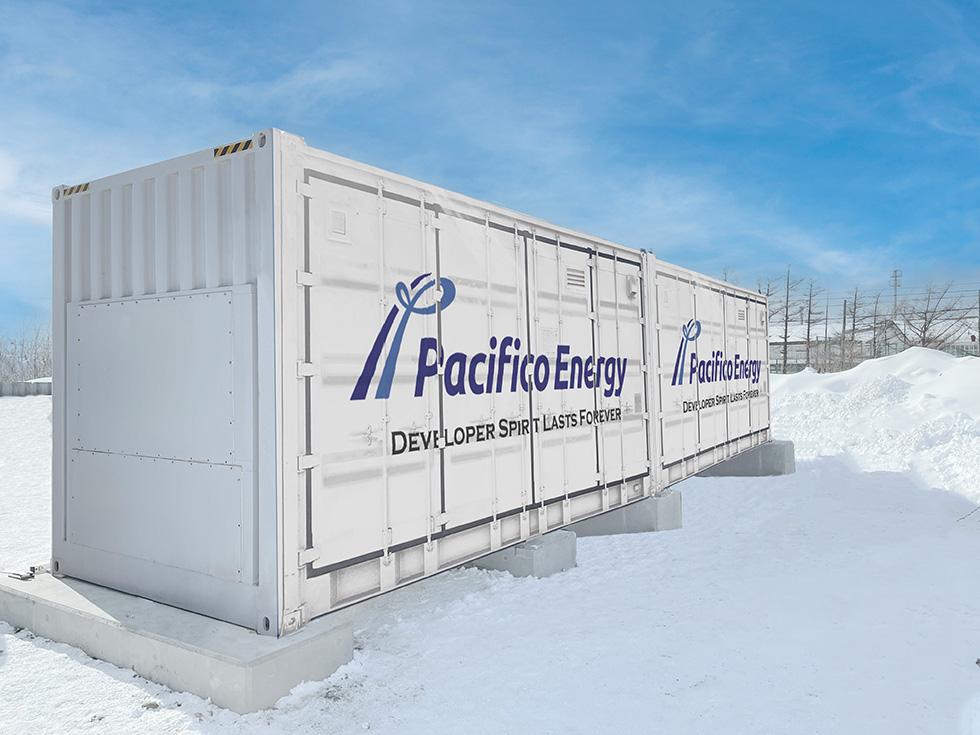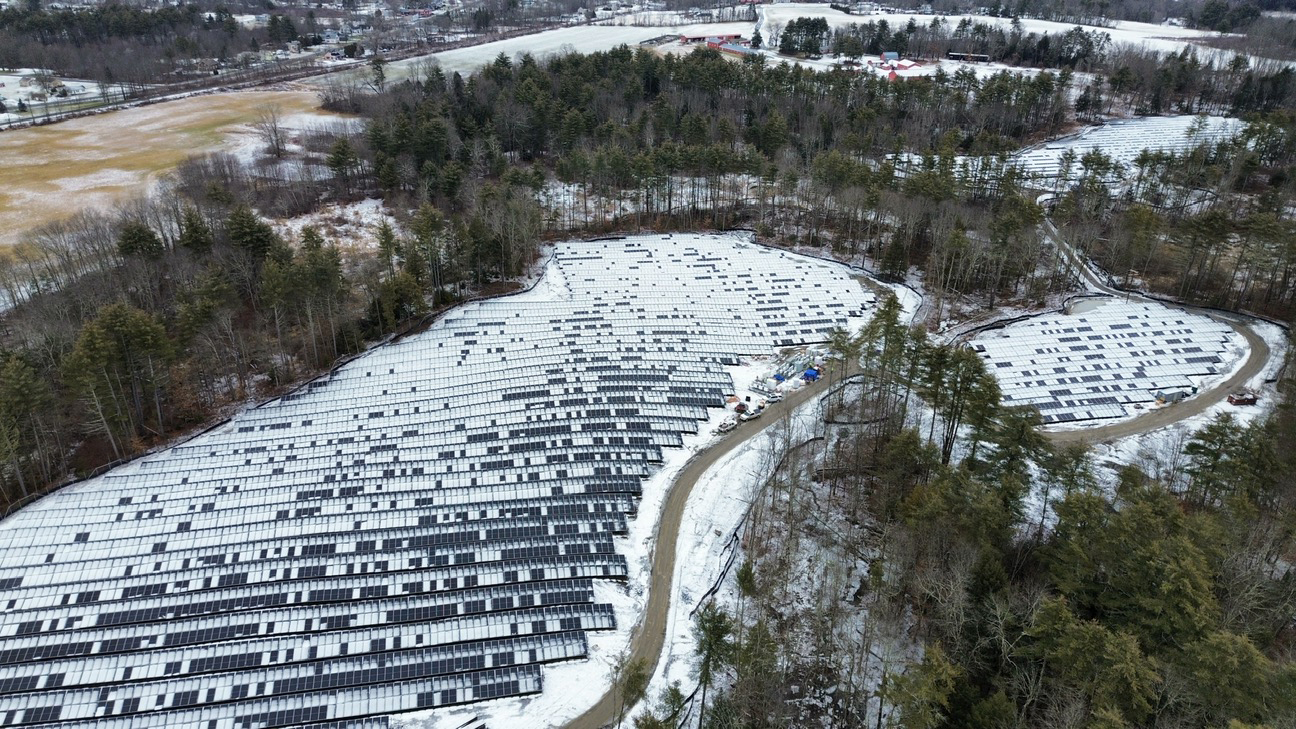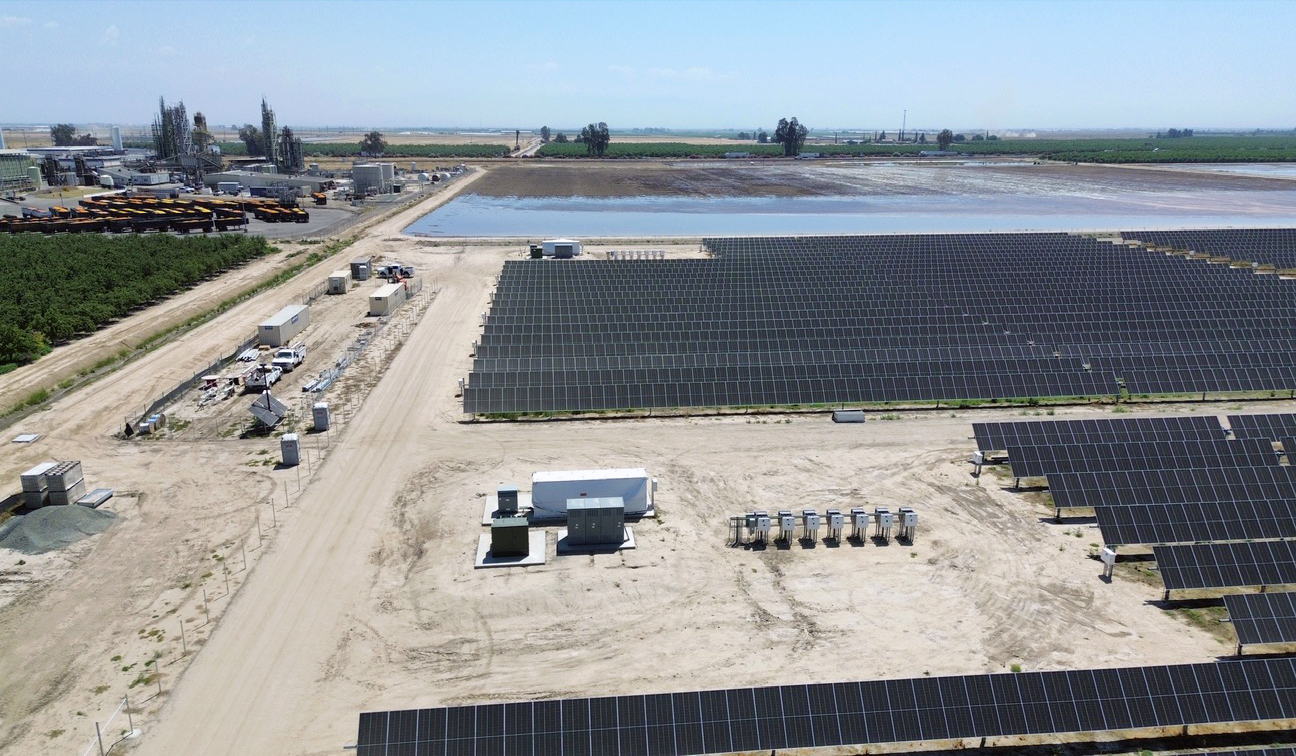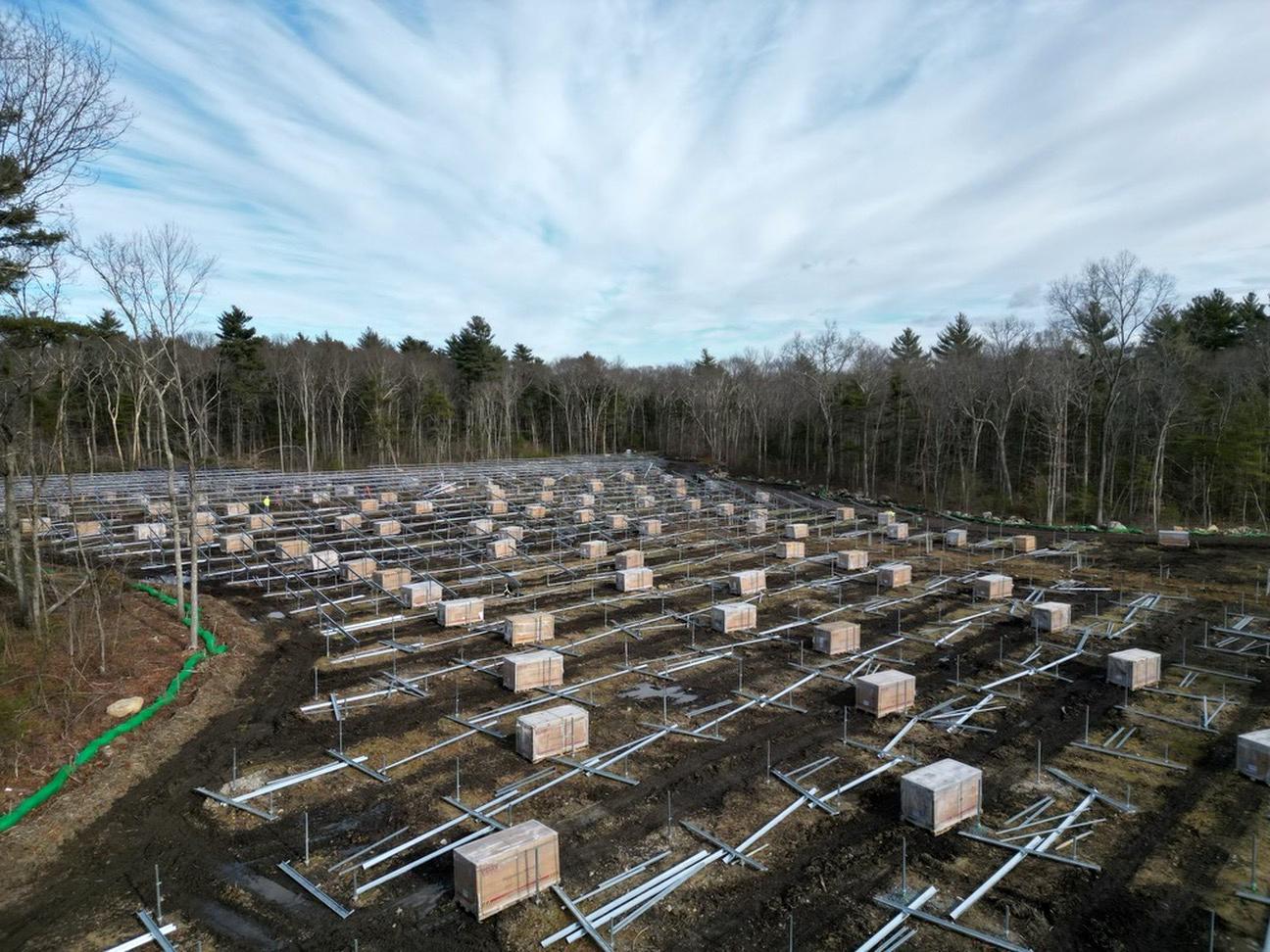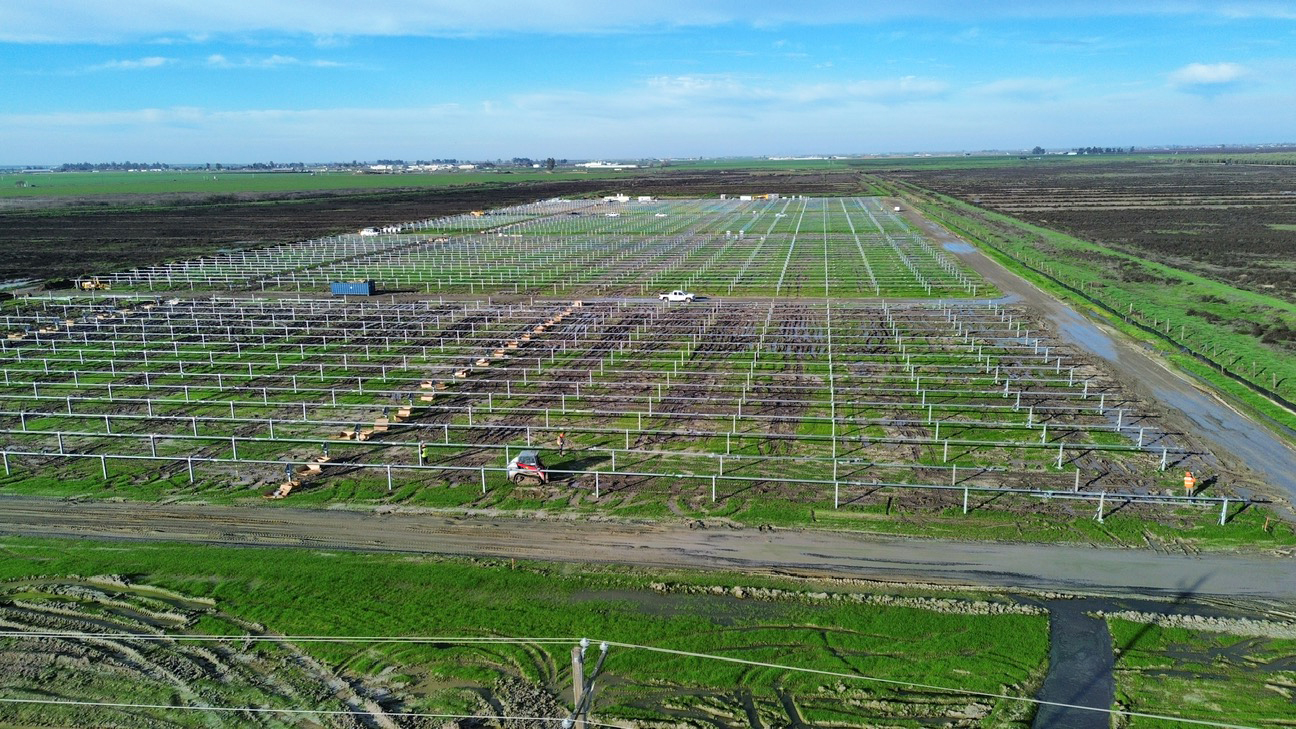ENERGY STORAGE SYSTEMS (ESS)
Battery Storage
Storage batteries are devices or systems that store electrical energy and release it when needed. They are low-cost and useful for efficient use of renewable energy and the stabilization of energy supply. They generally consist of a storage battery unit (battery cell), a battery management system (BMS), an inverter (converter), and a power controller. The storage batteries have a short installation timeframe and can be installed wherever assistance is needed, making them a cost-effective solution that improves energy system operations while reducing overall costs.
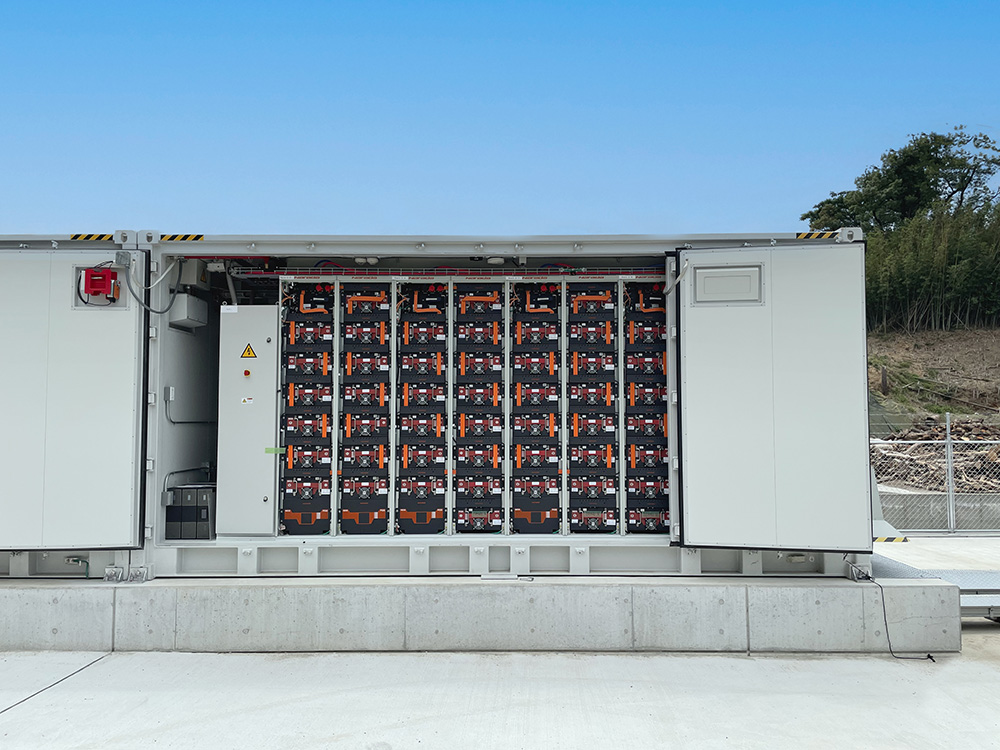
- Fukuoka, Japan
- Energy Storage
- Operational
Energy System Stabilization
The system balances the supply and demand of electric power, and ensures a stable power supply during peak and off-peak demand periods. This mitigates power fluctuations and improves the stability of the overall energy system.
Renewable Energy Integration
Renewable energy sources (such as solar and wind power) generate fluctuating amounts of power depending on weather and climatic conditions, but by storing the generated power via storage batteries, it can be supplied when demand is present. This enables consistent use of renewable energy sources and helps build a sustainable energy system.
Backup power supply in times of disaster
Energy storage mitigates social disruption caused by power outages and interruptions in power supply and maintains power supply for critical facilities and institutions (hospitals, rescue centers, communication bases, etc.). This ensures life safety and improves disaster response capabilities.
Energy Efficiency and Energy Savings
Supplementing power during peak demand periods can alleviate power plant output constraints and improve generation efficiency. It can also store inexpensive power during non-peak periods. This will reduce energy costs and promote sustainable energy use.
